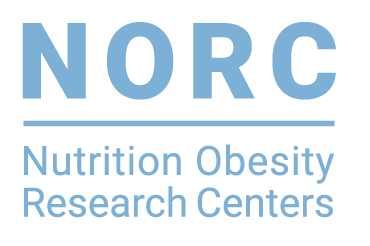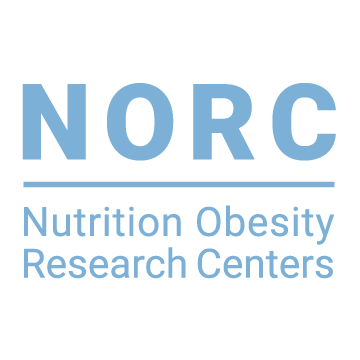
Photo provided by Pennington Biomedical Research Center
One of the most common causes of infertility in women may be cured with exercise or a healthy diet.
Researchers at the Pennington Biomedical Research Center are testing whether walking on a treadmill and eating better work as a treatment for polycystic ovarian syndrome, a disorder that causes cysts to form on a woman’s ovaries and raises the risk of type 2 diabetes and other diseases.
The disorder is usually treated with expensive medications or fertility treatments, said Leanne Redman, an associate professor at Pennington.
“Most women cannot afford fertility treatments, which is what’s needed for many couples affected by PCOS,” Redman said. “We offer a sort of cost-effective strategy through lifestyle intervention.”
Polycystic ovary syndrome affects one in 12 women of reproductive age, Redman said, and many women do not know they have it. The first symptom of PCOS is usually an irregular menstrual cycle, which causes hormone levels to become abnormal and can stop a woman from ovulating.
Rates of PCOS surge among populations with high levels of obesity, and African-Americans and Hispanics are more prone to the syndrome, Redman said. Because their bodies produce more testosterone, women with PCOS often carry more weight in their stomachs, and less in their hips and behinds, she said.
Doctors will often prescribe birth control to regulate the monthly cycle, but that doesn’t solve the issue.
Until they try to conceive a child, many women aren’t aware of the disorder.
“It’s not causing them any problems when they aren’t trying to become pregnant,” Redman said. “But when you want to become pregnant, you want to be pregnant yesterday.”
Grace Pickering, 28, who was diagnosed with PCOS when she was 11 or 12, participated in Redman’s study, which is called PULSE.
“They might think this is something that’s normal, but it’s not,” she said.
The study monitors one group that walks on a treadmill regularly, another that eats a healthier diet and another that takes a diabetes drug regularly given to women with PCOS.
In women with PCOS, the ovaries and the pituitary gland in the brain do not communicate well, and women don’t receive the correct amount of a certain hormone, Redman said.
“That communication has been broken down,” she said. “The ovaries are doing their own thing, and not providing very good messaging, so the brain can’t regulate what it’s doing.”
Exercise had worked well in a previous study, Redman said, but researchers question whether the women actually need to lose weight to improve, or if exercise itself can trigger positive changes in the body.
When Pickering participated in Pennington’s six-month PULSE study in 2012-13, she walked on a treadmill regularly. She lost 20 pounds and started having a more regular menstrual cycle.
“I’m not trying to get pregnant right now, but it’s something I want to do in the future,” Pickering said. “Knowing as much as I do know, that starts me off in a place I wasn’t before. The study was a huge jumpstart to trying to be healthier all around.”
Read More: The Advocate
Research Details
- Research Center: Pennington Biomedical Research Center
- Featured NORC Member(s): Leanne Redman, MS, PhD, Associate Professor of Reproductive Endocrinology and Women’s Health

